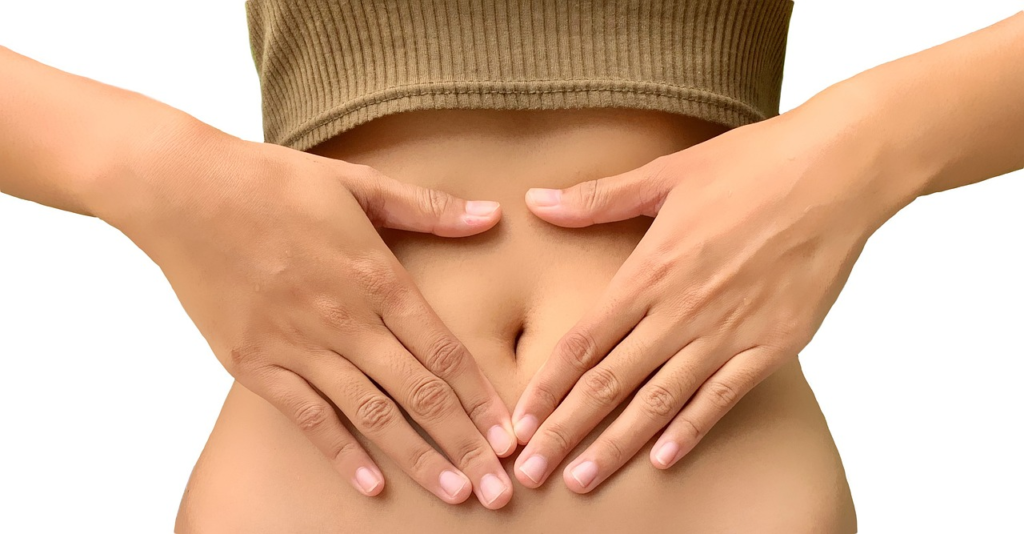The human gut is home to trillions of microorganisms, collectively known as the gut microbiome. These tiny inhabitants play a significant role in digestion, immunity, and, surprisingly, mental health. Probiotics, the beneficial bacteria found in certain foods and supplements, are key players in maintaining a balanced gut microbiome.
Emerging research highlights the profound connection between gut health and mental well-being, often referred to as the gut-brain axis. Probiotics are proving to be an essential tool in this complex relationship.

Understanding the Gut-Brain Axis
The gut-brain axis is a bidirectional communication system between the gastrointestinal tract and the central nervous system. It involves:
- The Vagus Nerve: Transmitting signals from the gut to the brain.
- Neurotransmitters: Such as serotonin, 90% of which is produced in the gut.
- Microbial Metabolites: Short-chain fatty acids (SCFAs) that impact brain function.
A disrupted gut microbiome can lead to issues like anxiety, depression, and even neurodegenerative diseases. Probiotics help restore balance, reducing inflammation and supporting mental clarity.

Key Probiotic Strains and Their Benefits
- Lactobacillus rhamnosus: Known for reducing anxiety-like behaviors.
- Bifidobacterium longum: Promotes better mood and cognitive function.
- Lactobacillus acidophilus: Improves gut integrity, reducing systemic inflammation.
Key Probiotic Strains, Their Sources, and Benefits
| Probiotic Strain | Natural Food Sources | Health Benefits |
|---|---|---|
| Lactobacillus rhamnosus | Yogurt, Kefir | Reduces anxiety and stress; supports immune function. |
| Bifidobacterium longum | Yogurt, Fermented Vegetables | Enhances mood, cognitive function; lowers inflammation. |
| Lactobacillus acidophilus | Fermented Soy, Miso | Strengthens gut lining; reduces systemic inflammation. |
| Saccharomyces boulardii | Probiotic Supplements | Combats diarrhea; restores gut balance after antibiotics. |
| Lactobacillus plantarum | Kimchi, Sauerkraut | Supports digestion; reduces bloating and gut inflammation. |
| Bifidobacterium bifidum | Dairy Products, Fermented Foods | Improves digestion; boosts immune response. |
| Streptococcus thermophilus | Cheese, Yogurt | Aids lactose digestion; promotes gut flora balance. |
Natural Sources of Probiotics
- Fermented Foods: Yogurt, kefir, sauerkraut, kimchi, and miso.
- Beverages: Kombucha and some traditional fermented teas.
For those who can’t regularly consume fermented foods, probiotic supplements are an excellent alternative.
The Future of Probiotic Science
The growing field of psychobiotics—the study of probiotics for mental health—suggests a promising future. Scientists are investigating tailored probiotic strains for conditions like PTSD and Alzheimer’s, which could revolutionize how we approach mental health.
Final Thoughts
The health of your gut is intricately linked to your overall well-being, including your mental health. By incorporating probiotics into your daily routine, you can enhance digestion, boost immunity, and support a resilient mind.




